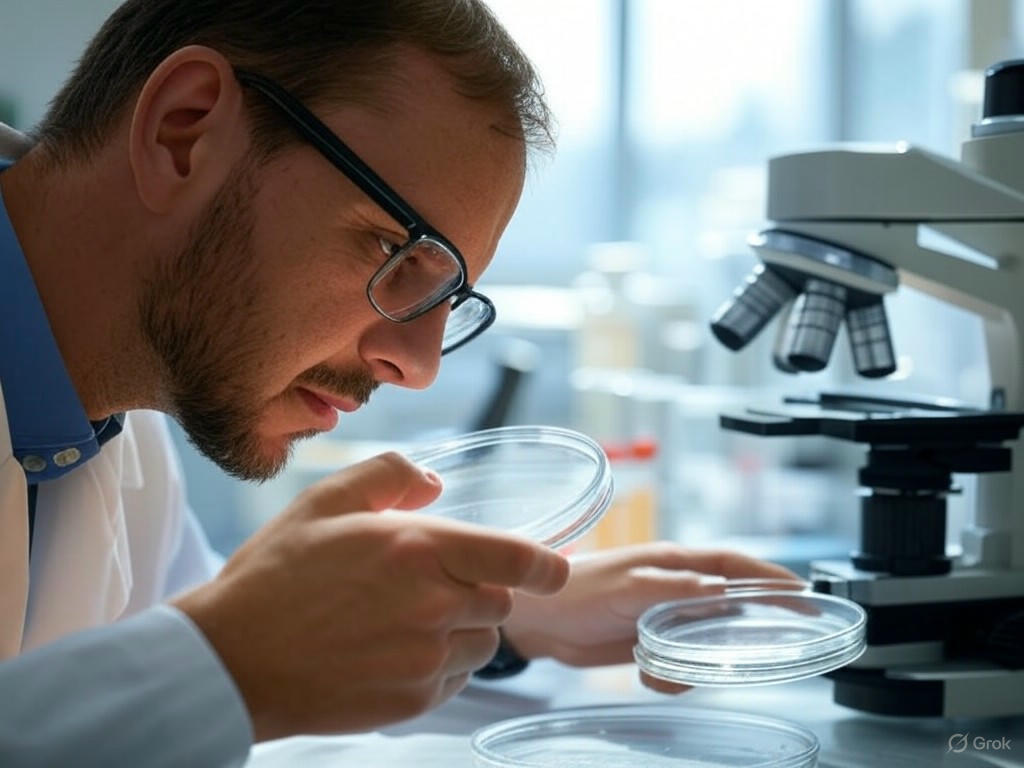The Power of First Encounters: How Early Microbiome Shapes Our Health
In the intricate world of human health, the tiniest organisms often wield the greatest influence. Recent research has unveiled a fascinating connection between the bacteria we encounter in our earliest days and our long-term resistance to infections. This groundbreaking discovery highlights the profound impact of our microbiome—the vast community of microorganisms living in and on our bodies—on keeping us healthy and out of hospital beds.
The journey of our microbiome begins at birth. As newborns, we are introduced to a flood of bacteria from our environment, our mothers, and even the method of our delivery. Scientists have now found that these initial microbial encounters play a critical role in shaping the strength of our immune systems. A diverse and balanced microbiome established in infancy can act as a protective shield, training our bodies to recognize and fight off harmful pathogens more effectively. Conversely, an underdeveloped or imbalanced microbial community in those early stages may leave us more vulnerable to infections later in life.
This revelation stems from years of studying how microorganisms interact with our immune responses. Researchers have observed that individuals with a robust early microbiome are less likely to suffer from severe infections or require hospital care for preventable illnesses. For instance, beneficial bacteria can outcompete harmful ones, preventing them from gaining a foothold in our systems. Moreover, these early microbial allies help fine-tune our immune cells, ensuring they respond appropriately to threats without overreacting, which can lead to conditions like allergies or autoimmune disorders.
What’s particularly striking is the potential for intervention. If the foundation of our microbiome is so crucial, could we enhance it through targeted strategies? Experts suggest that practices like breastfeeding, which introduces beneficial bacteria, and minimizing unnecessary antibiotic use in infancy, which can disrupt microbial balance, could be key. Additionally, there’s growing interest in probiotics and prebiotics—substances that nourish good bacteria—as tools to bolster microbial health from the start. While these approaches are still under investigation, they offer hope for reducing infection rates and improving overall wellness.
As we move forward, this research opens up new avenues for preventative healthcare. Imagine a future where doctors assess a child’s microbiome at birth and provide personalized recommendations to optimize it, much like routine vaccinations. Such measures could significantly lower the burden of infectious diseases on individuals and healthcare systems alike. While there’s still much to learn about the complex interplay between our bodies and their microbial inhabitants, one thing is clear: those first bacterial encounters are far more than a fleeting meeting—they are the building blocks of a healthier life. By nurturing our microbiome from day one, we may unlock a powerful defense against illness, keeping hospital stays at bay and paving the way for a stronger, more resilient future.


